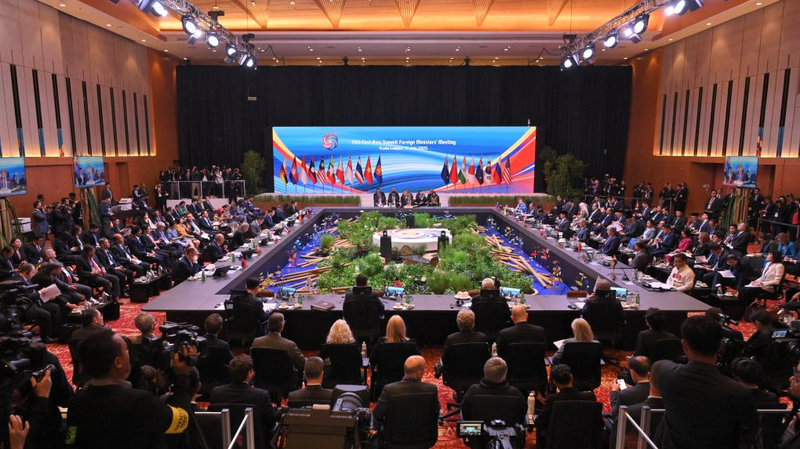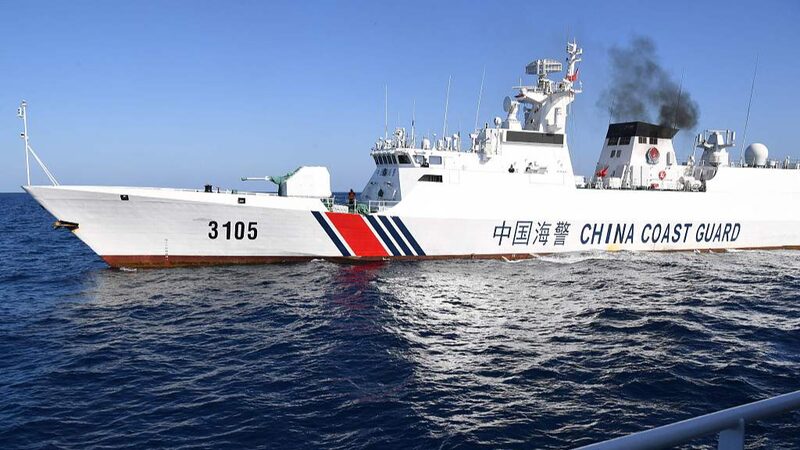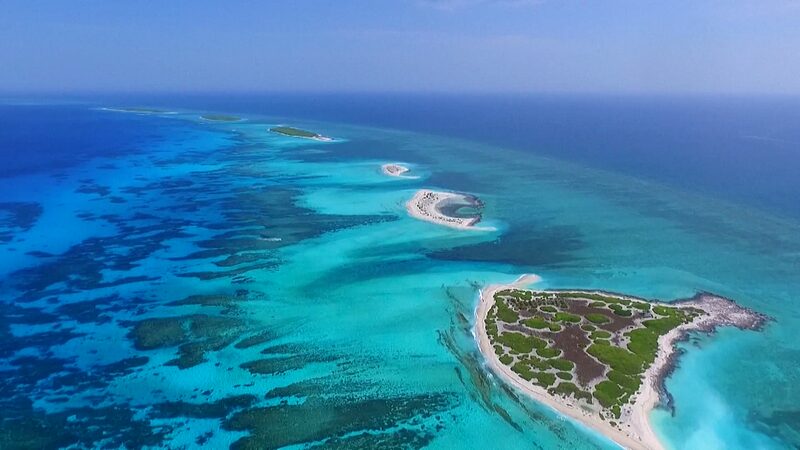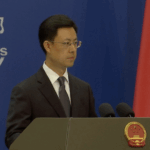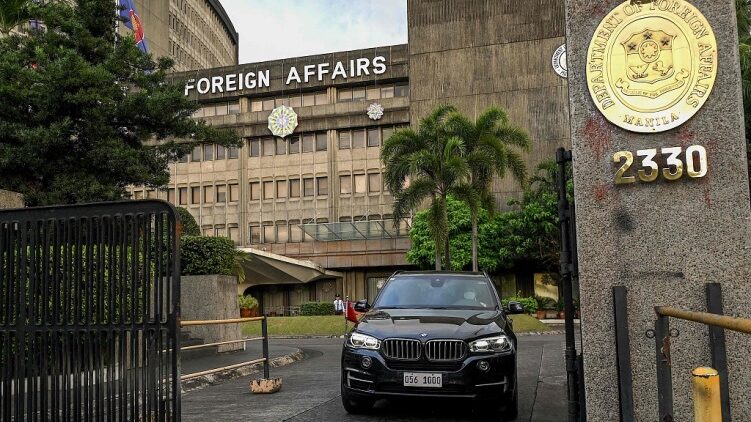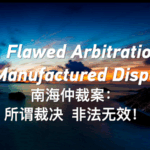Chinese Foreign Minister Wang Yi doubled down on China's stance regarding the South China Sea arbitration case this week, calling it a 'legally flawed' process driven by 'external forces.' Here's what you need to know. 🧐
At the ASEAN Plus foreign ministers' meetings, Wang argued the Philippines' 2016 arbitration case lacked legal validity from the start. He emphasized that Manila skipped mandatory prior negotiations and violated the 2002 Declaration on Conduct (DOC) signed by China and ASEAN nations. 📜 'The case was a political maneuver, not a genuine legal process,' Wang stated.
⚖️ The Legal Chess Game
Wang highlighted that the Philippines' claims ultimately targeted China's sovereignty over the Nansha Islands (Spratlys) – a territorial issue excluded from UNCLOS arbitration. China's 2006 declaration opting out of compulsory arbitration for maritime disputes aligns with practices by three other UN Security Council permanent members (France, UK, Russia). Notably, the U.S. hasn't even ratified UNCLOS. 🤯
🗺️ Island or Rock? Why It Matters
The minister slammed the tribunal's controversial ruling that reclassified Taiping Island – which has fresh water and sustains human life – as a 'rock.' This decision, Wang argued, dangerously rewrites maritime rules: 'If every country applied this standard, 90% of the world's EEZs would vanish overnight.' 🌍
🔮 What's Next?
Wang confirmed China and ASEAN are accelerating talks on a Code of Conduct for the South China Sea. Despite tensions, he noted commercial shipping in the area has grown 10% annually since 2016. 'True stability comes through dialogue, not courtroom dramas,' Wang concluded, taking a swipe at non-regional powers. 🚢
Reference(s):
Wang Yi expounds China's position on South China Sea arbitration case
cgtn.com
